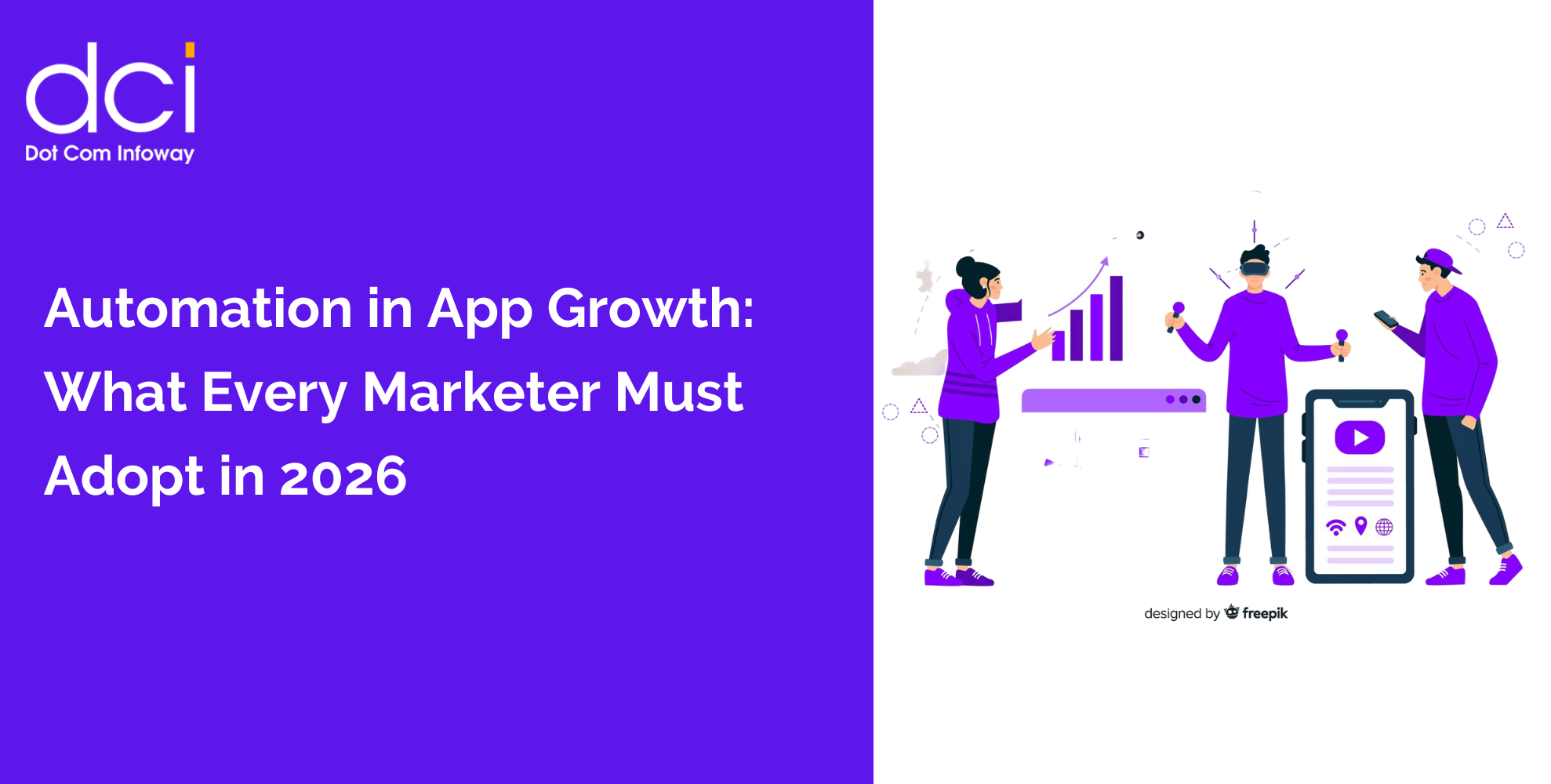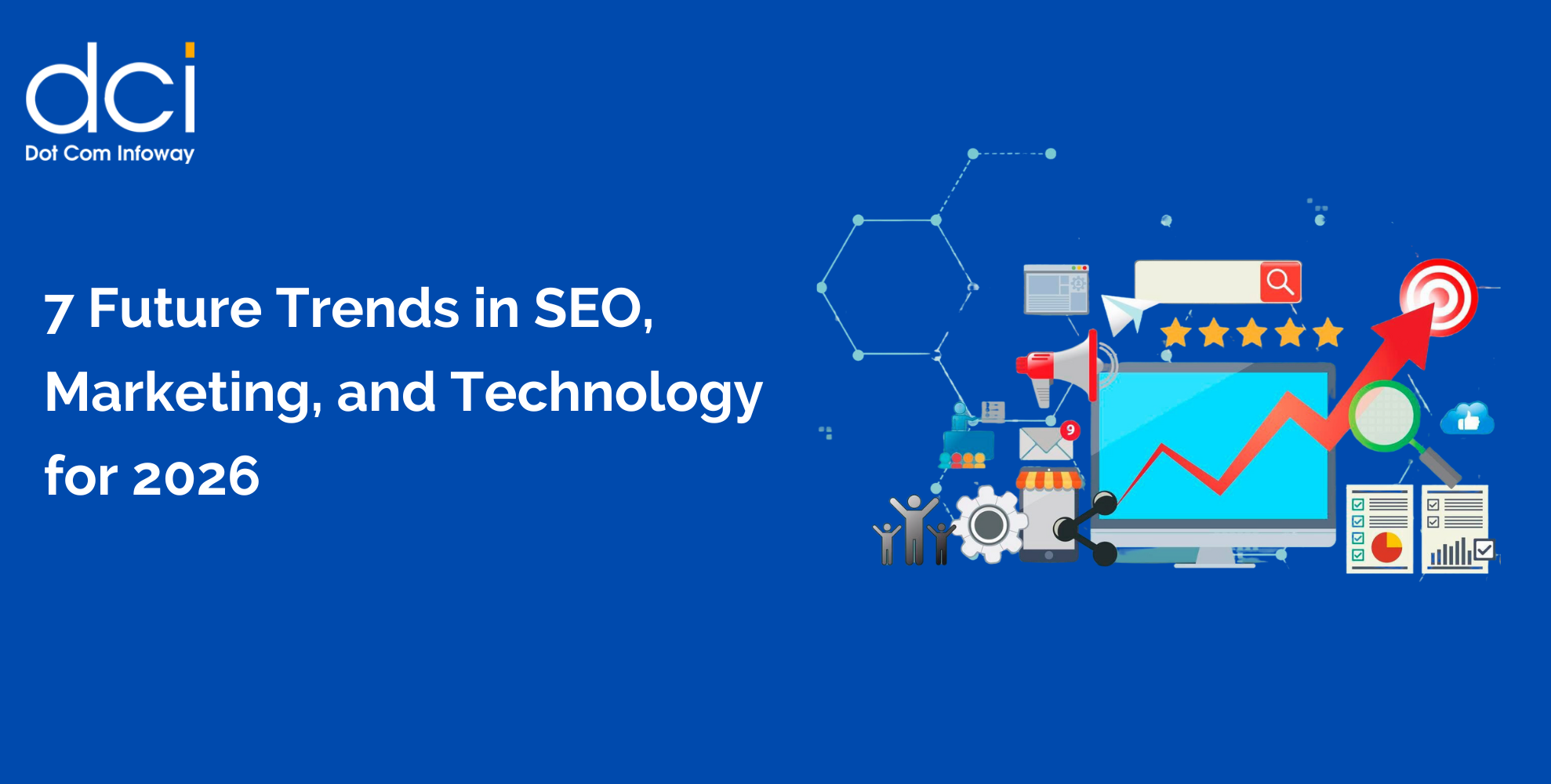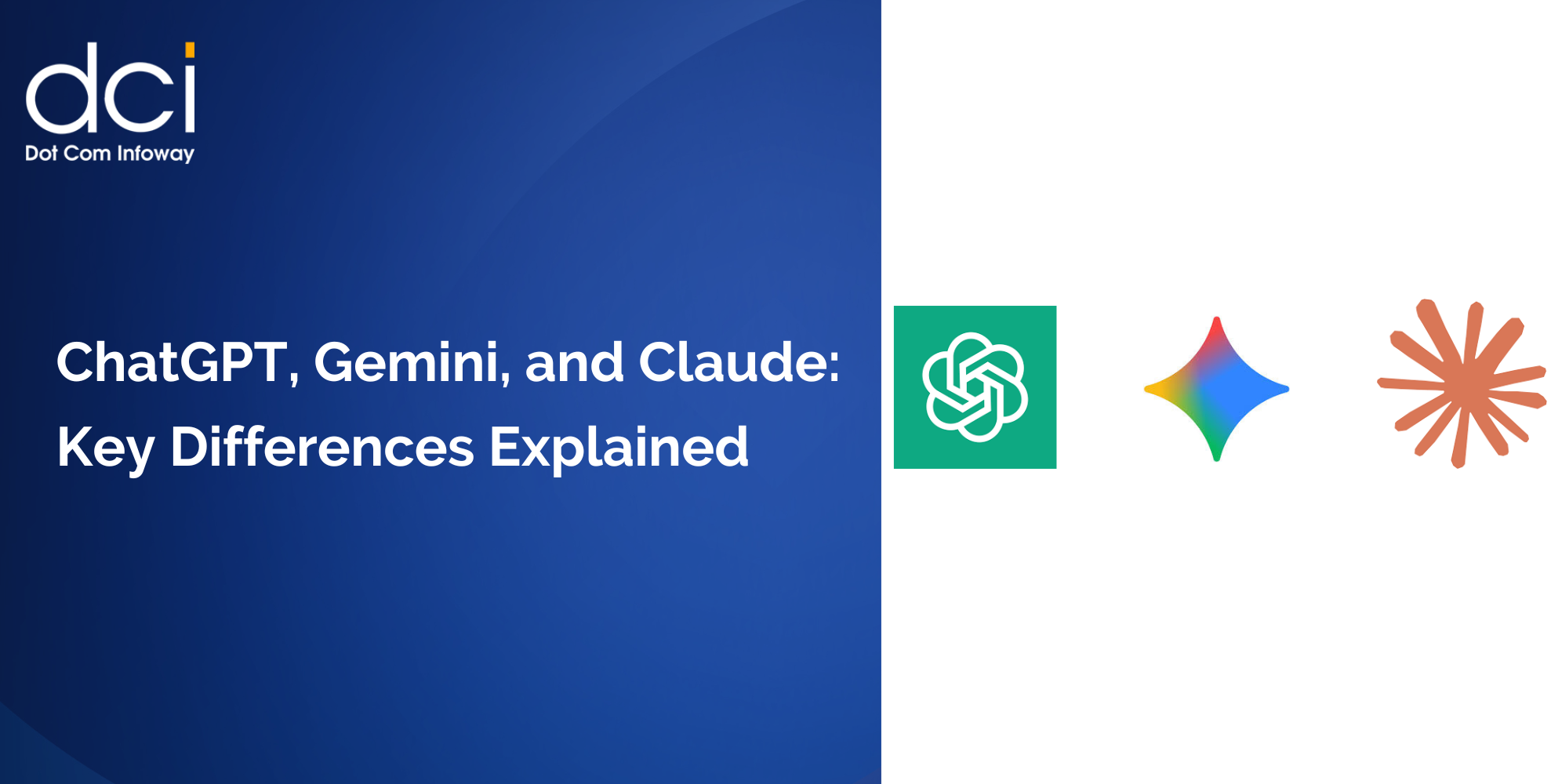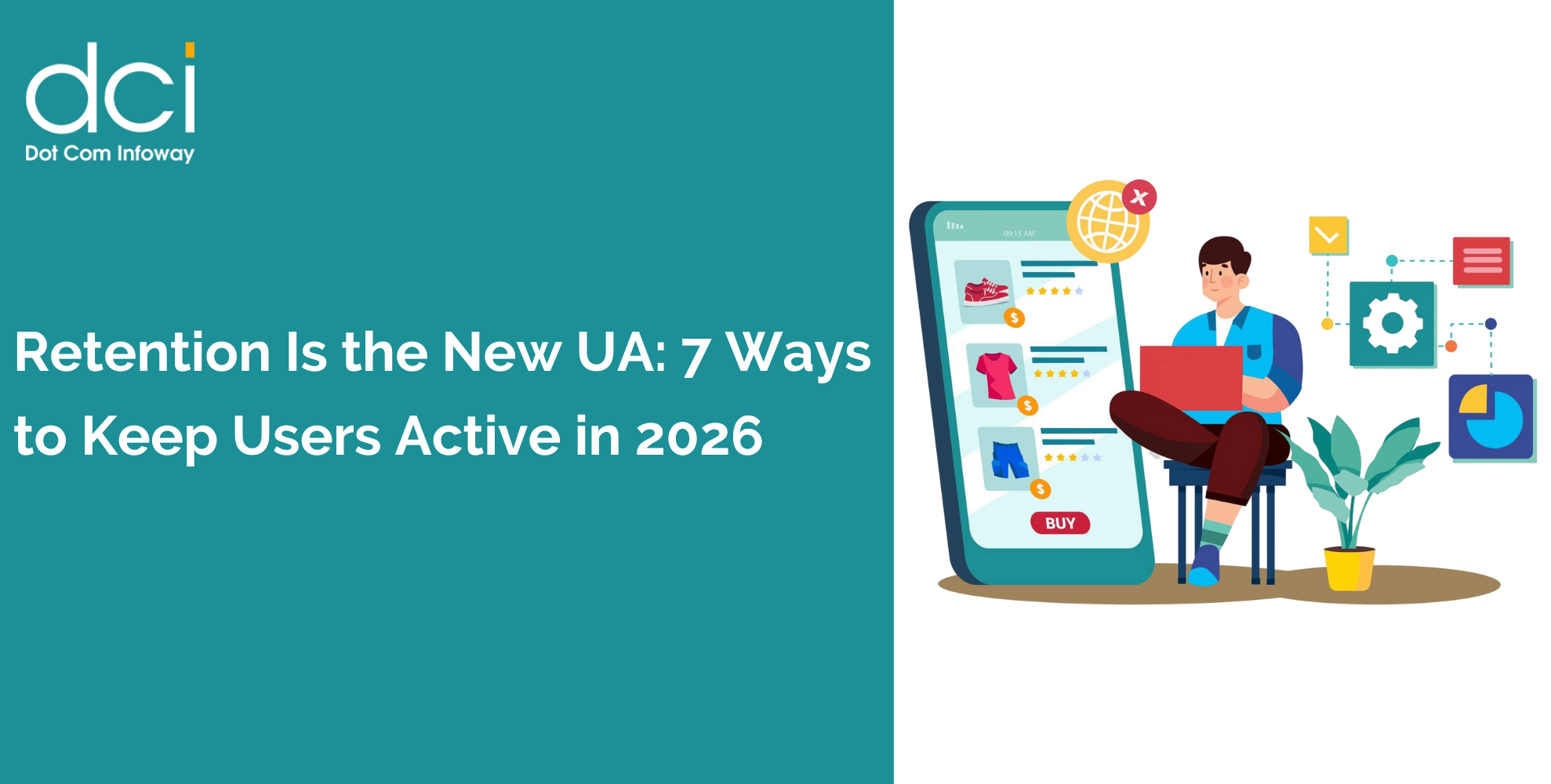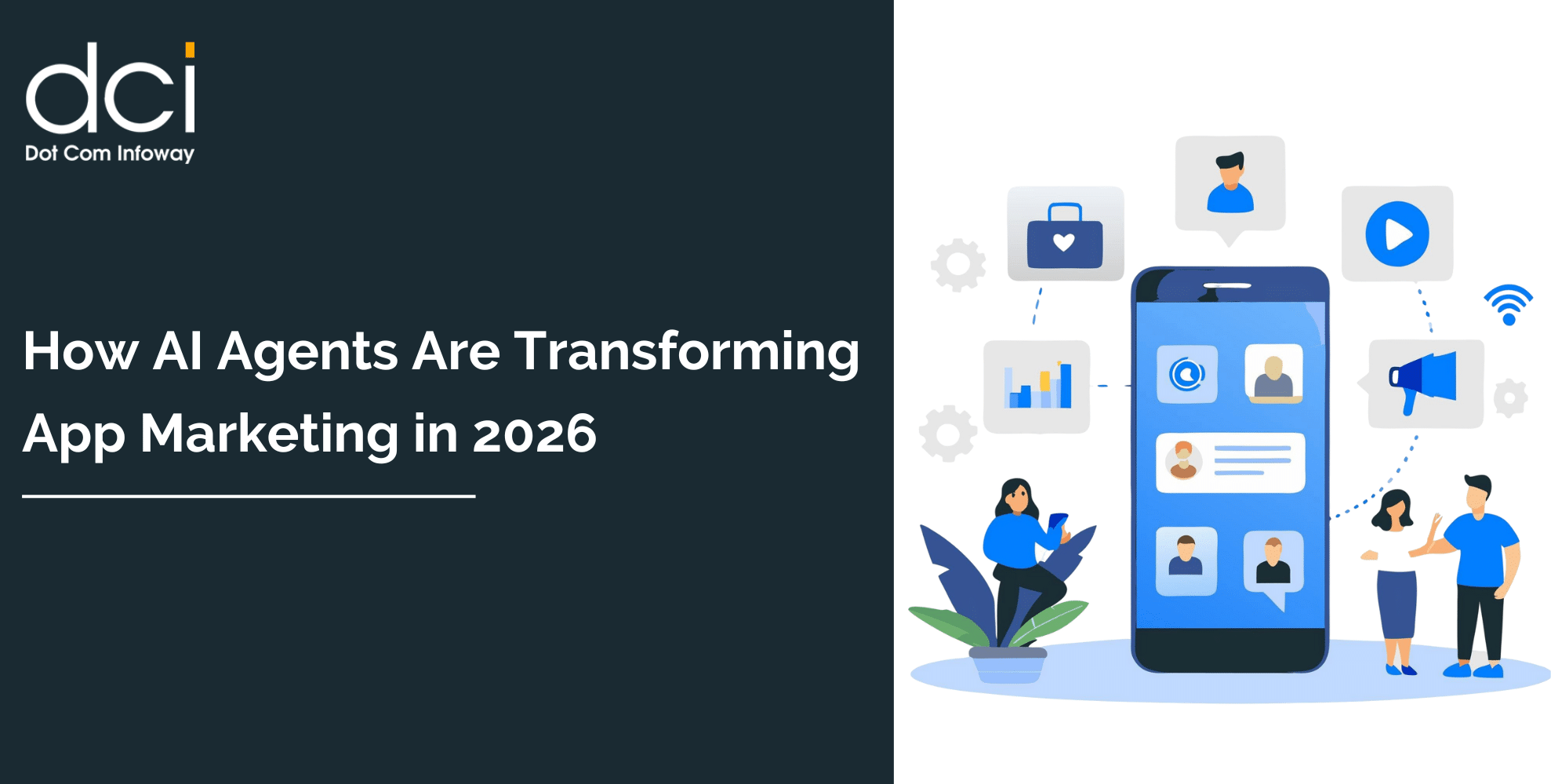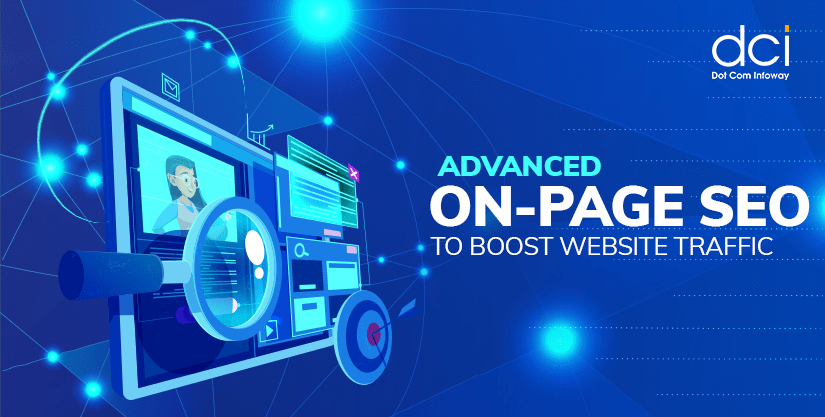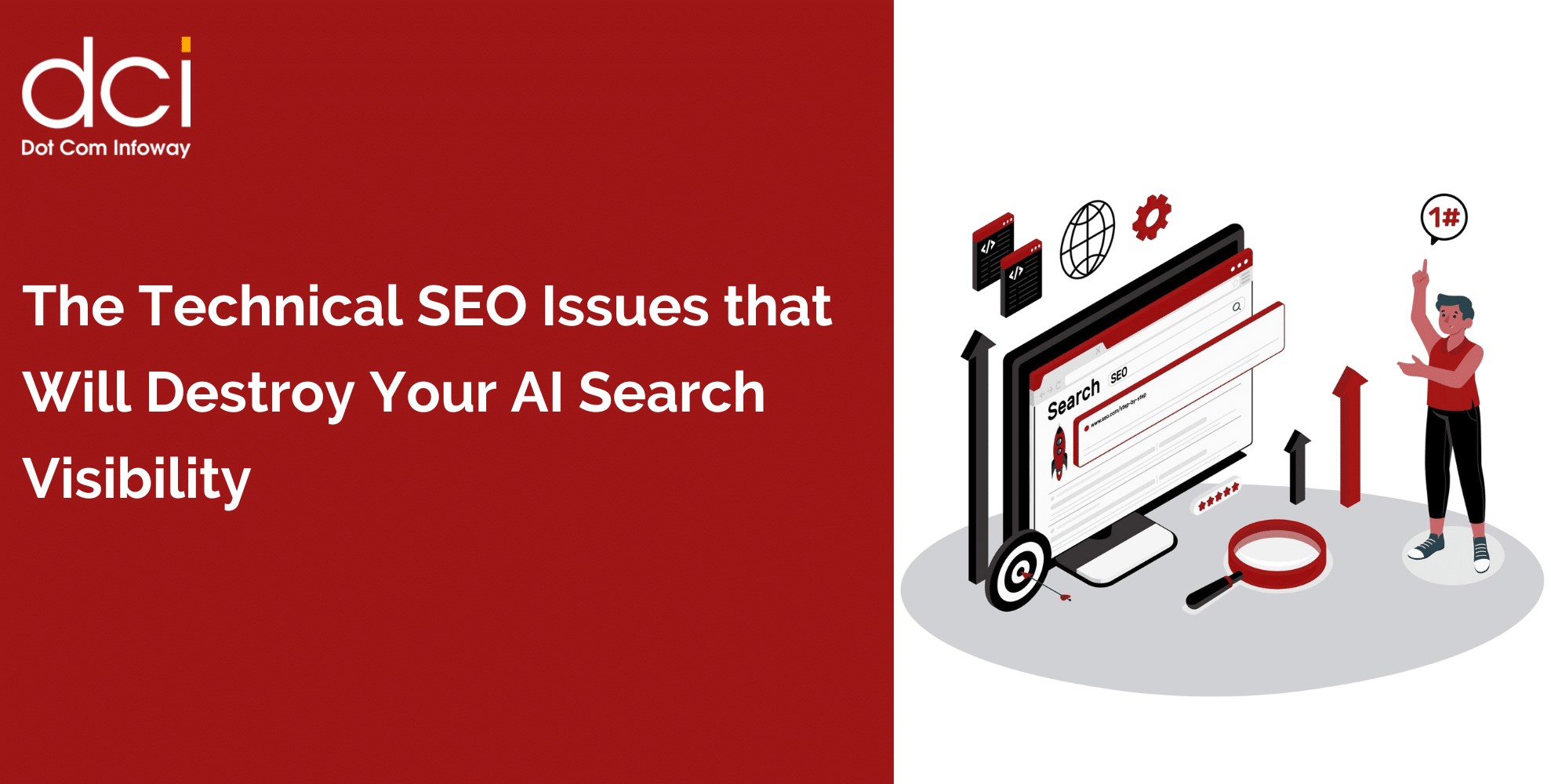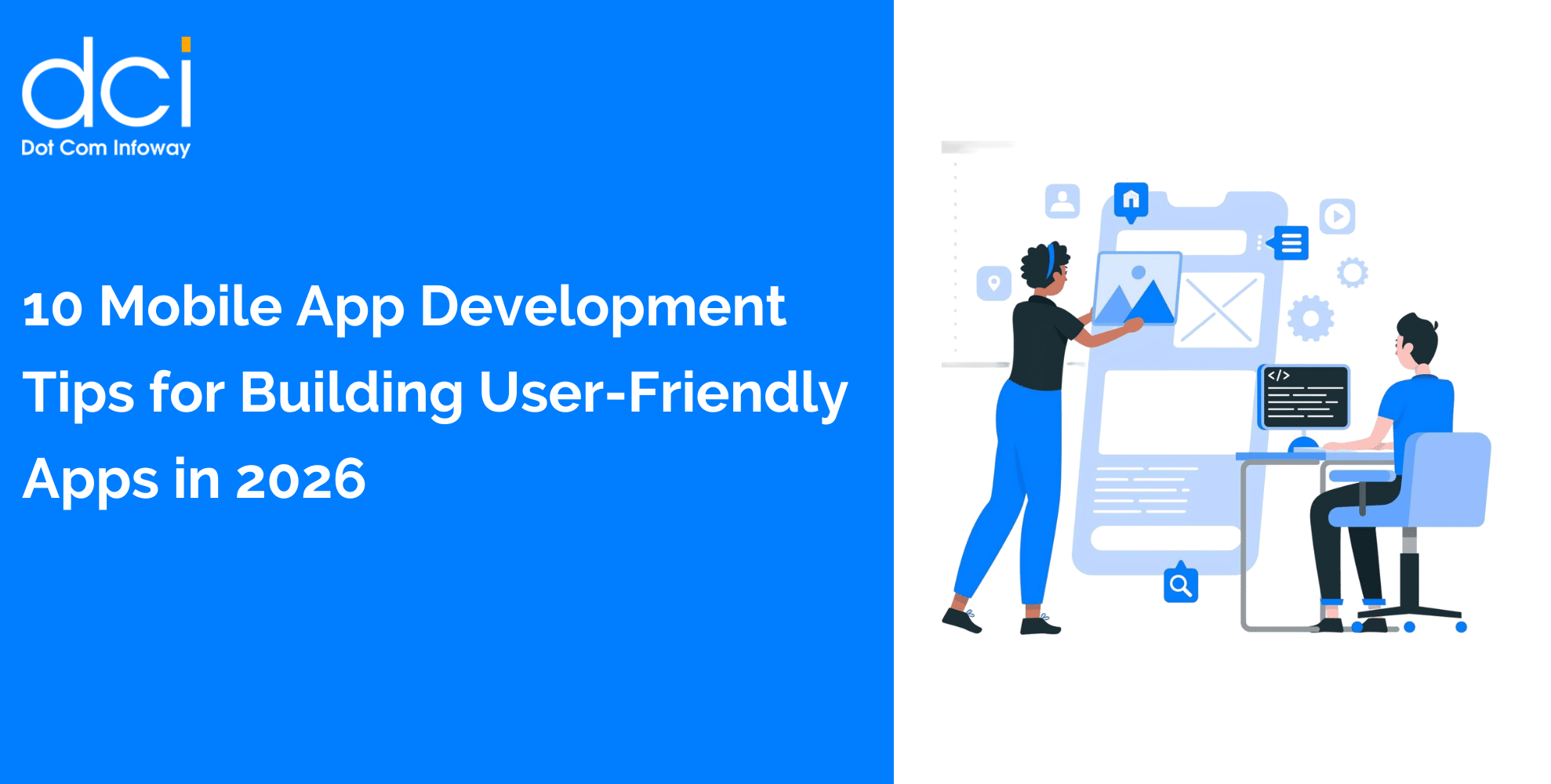What Is AI Automation?
At its core, AI Automation is the marriage of artificial intelligence with automation. Traditionally, automation meant using software to handle repeated, rules-based tasks. But with AI, these systems learn from data, adapt to new scenarios, recognize patterns, and even make decisions: bringing a game-changing, dynamic layer to business operations.
Here’s how Gartner puts it:
“AI automation enables dynamic, real-time optimization of processes by making use of machine learning, NLP, and advanced analytics, rather than just following a static set of rules.”- Gartner Trends Report 2024
What does that look like in real life? Think AI chatbots that improve after every customer interaction, inventory systems that predict demand spikes, or content engines that write personalized product descriptions at scale.
Some of the most relevant, high-impact fields connected to AI Automation include:
- LLM search engine optimization
- AI-driven SEO strategies
- AEO SEO
- Generative engine optimization
- SEO for AI tools
Let’s see what sets this tech apart.
Key Benefits of AI Automation
1. Enhanced Efficiency & Productivity
Forget about manual data entry, repetitive content generation, or endless triaging of customer emails. Companies are freeing up teams for strategic work by automating what drains time and energy. As McKinsey reports:
“Automated systems powered by AI can reduce task times by 60% and increase throughput by over 50% in critical business processes.”- McKinsey: The AI Automation Imperative
That means:
- More projects shipped, faster
- Less human error
- Happier, more innovative teams
2. Significant Cost Reduction
One of AI Automation’s biggest selling points is efficiency = cost savings. By streamlining repetitive operations and reducing manual processing, businesses see their operational costs plummet.
- According to Accenture, companies leveraging AI Automation report a 25% average reduction in operational expenses over two years.
- Sectors like retail, telecom, and finance cut support ticket volumes in half using AI chatbots and virtual assistants.
3. Better, Faster Decision-Making
With AI analyzing massive datasets in real-time, leaders get crisp, actionable insights whenever they need them. Imagine retail inventory managed with up-to-the-minute data, or marketing campaigns optimized as trends emerge.
One Reddit user summarizes it well on r/artificial:
“AI-powered dashboards have been amazing for us: the time from data to answer went from days to seconds. Now, we ask the AI and get answers right away.” – Source: Reddit, r/artificial, thread
4. Improved Customer Experience
AI Automation brings speed, personalization, and 24/7 responsiveness to customer interactions:
- AI chatbots deliver instant answers, reducing wait times to zero.
- Systems learn and anticipate customer needs, giving proactive support.
- Personalization engines generate dynamic offers: boosting loyalty and sales.
Salesforce found that 69% of consumers are more likely to buy from brands offering AI-powered personalization and fast responses. (Salesforce State of the Connected Customer, 2024)
5. Scalability on Demand
Unlike human teams, AI systems can handle thousands of simultaneous requests without skipping a beat. This on-the-fly elasticity allows businesses to weather demand spikes: like Black Friday or viral product launches: without expensive overstaffing or service drops.
6. Error Reduction & Compliance
AI’s pattern-recognition and continuous learning mean it spots errors humans often miss. From financial audits to automated quality checks, companies like Intuit and Siemens reduce compliance risk while increasing trust in their workflows.
AI Automation in the Real World: Industry Use Cases
Across sectors, AI Automation is fast becoming a business “superpower.” Here’s how it’s changing the game:
Customer Service
Imagine reducing support response times from hours to minutes. Brands like H&M and Bank of America use AI chatbots and triage tools to automate up to 70% of standard customer queries, freeing agents for complex requests.
- AI-powered chatbots resolve low-level questions instantly
- Automated routing ensures tickets reach the right agent
Content & Document Generation
Generative AI tools like Jasper and Notion AI create social posts, product descriptions, legal docs, and executive summaries in multiple languages: cutting manual labor and accelerating go-to-market.
- Unique blog or product page drafts, ready in seconds
- Meeting notes and email summaries generated automatically
Predictive Analytics
AI automation crunches market data, sales trends, and sentiment analysis, giving forward-looking insights. Amazon uses AI for dynamic pricing and inventory management, optimizing sales and reducing waste.
- Accurate demand forecasting
- Automated stock reordering
Marketing & SEO
Marketers leverage platforms that integrate LLM search engine optimization and AI-driven SEO strategies to analyze search trends, generate content that ranks, and automate A/B testing. Companies utilizing generative engine optimization see measurable increases in organic visibility and conversions.
HR & Recruiting
AI systems pre-screen resumes, schedule interviews, and even answer candidate questions, saving HR teams hundreds of hours annually.
Reddit user insight:
“Once we added an AI interview scheduler, our HR dept went from weeks of back-and-forth to booking calls in minutes. Game-changer for a fast-growing startup!” – Source: Reddit, r/humanresources, thread
Supply Chain & Logistics
AI automation predicts bottlenecks, reroutes shipments based on real-time data, and minimizes stockouts or overstocks: vital for global business continuity.

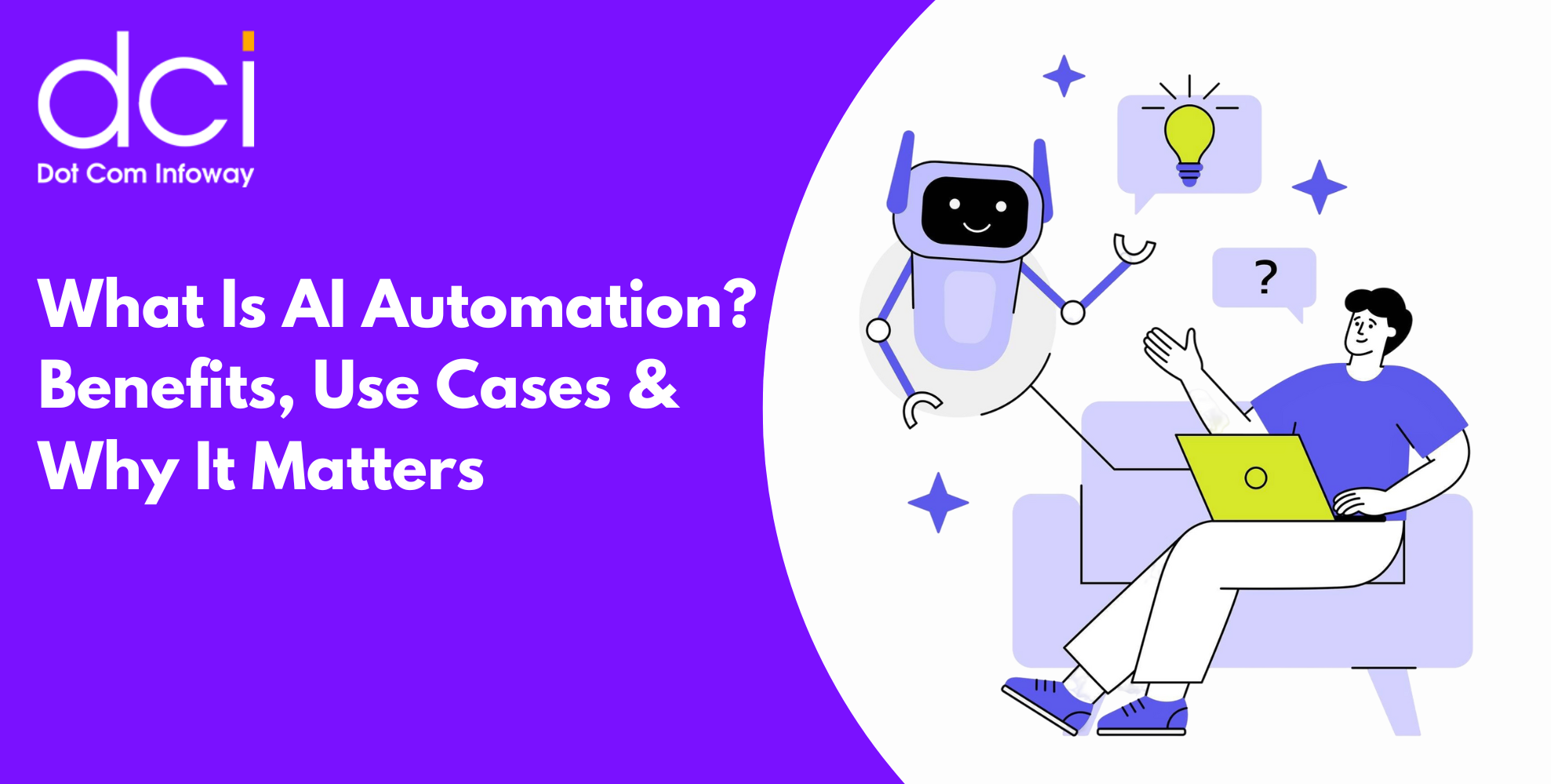
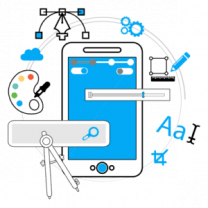




![The Game Marketing Guide: Pre and Post-Launch Strategies [Infographic]](https://www.dotcominfoway.com/wp-content/uploads/2023/09/DCI-Game-Marketing-blog-1.jpg)

